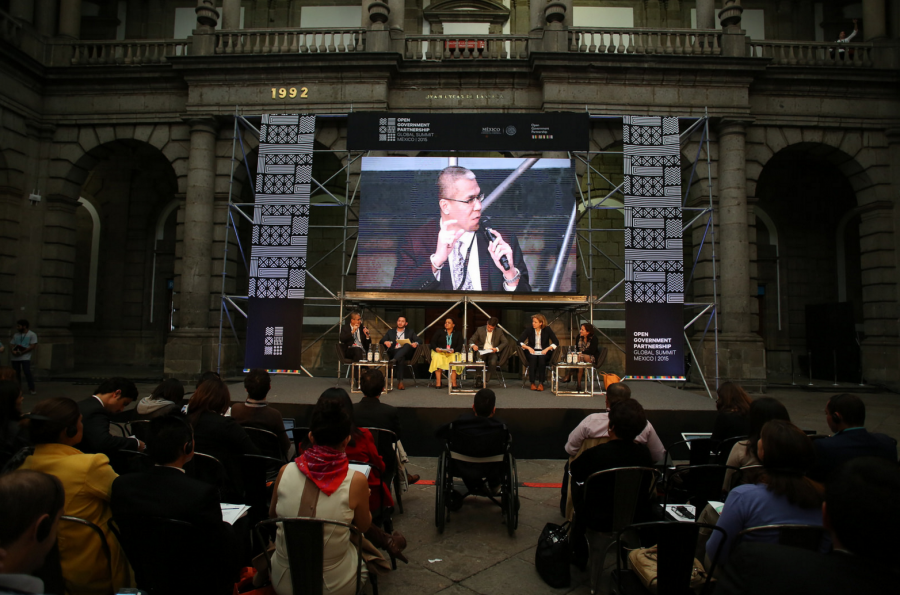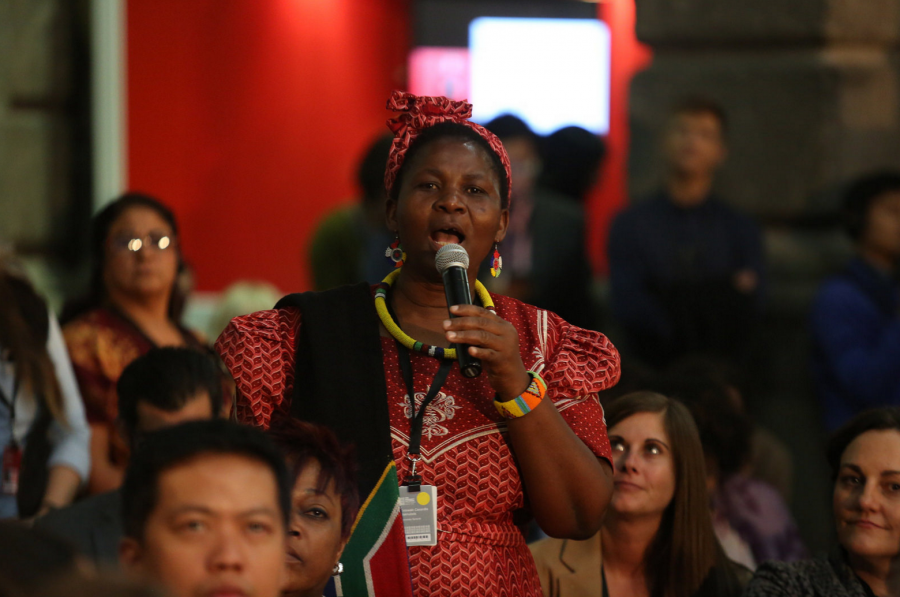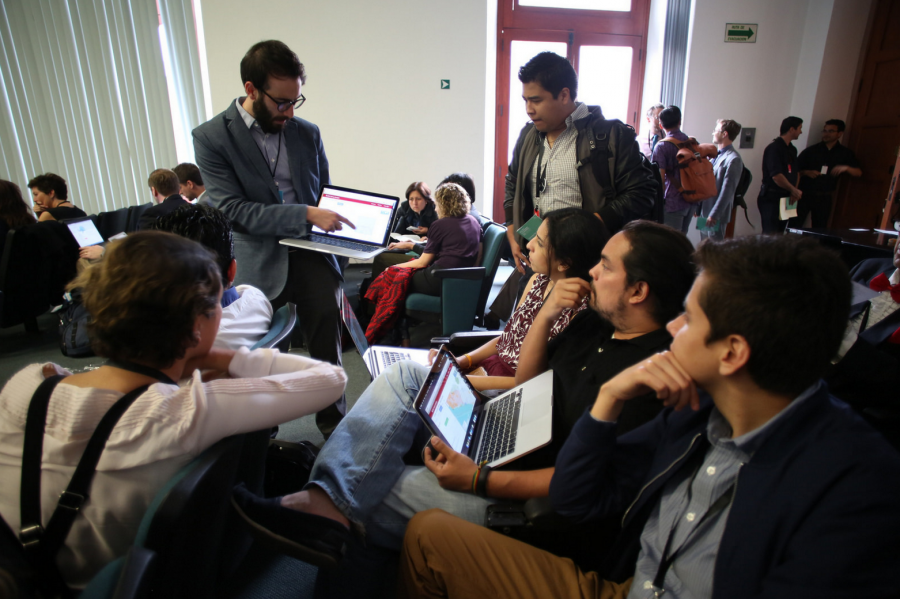If you’re reading this, you’re probably on the side of the digital divide where the people who have access to tech, and confidence in using it, actually sit.
There are millions of people who aren’t that lucky - and this presents a huge challenge to initiatives trying to use technology to make sure everyone can understand, engage with and have a say in what their government does.
At the Open Government Summit (OGP15) this week in Mexico, that challenge was clearly articulated.
At one end of the spectrum, there’s the push for open data, getting huge amounts of government information online for anyone to see; at the other end are the people who don’t have access to the internet, who aren’t tweeting their local MP, and who certainly don’t care about ‘open data’, whatever that might be.
OGP15 brought together voices from both ends of the spectrum, but the prevailing wisdom was that we should be sitting somewhere in the middle, making sure we look at people and problems first, and where technology can help, second.
Martin Tisné from the Omidyar Network summed it up nicely when he challenged assumptions around publishing data:
“Do we change the course of history with the mere existence of more data or because people access it, mobilize, and press for change?”
Making All Voices Count and Hivos partners from across the globe were at the summit. Over three days they asked OGP partners to think about their work differently about technology and governance:
“It's not about people knowing the OGP principles, it's about making better lives... That's what people care about” - Nicholas Etyang, CAFOD, Kenya speaking about online ‘awareness raising’ around OGP priorities.
“When we asked the official why men were able to make freedom of information requests without harassment, but women were ignored or mal-treated, he replied ‘Women don’t need information, they need a husband." - The Carter Centre’s Laura Neuman quoting one of many examples from their research on why open government projects on Freedom of Information need to work harder to include women.
“In my view, inclusion of young people isn't actually that hard. But you have to have the will to do it. You have to create the right spaces, and you have to take it seriously.... Government should be afraid of not taking this seriously. And I wonder if OGP is taking it seriously." - Gavin Weale, Livity Africa on creating accessible online platforms to make sure young people have a voice in South African politics.
Good governance is not just for the tech-literate
Technology is delivering a tremendous and growing number of opportunities for government and citizens to reach out to each other more cheaply and effectively to millions. But the bottom line is this: a tool is only as good as the people using it.
We need to be supporting changes in government culture, where it becomes normal to make information public and where it is common to be open to criticism. We also need to ensure we don't allow technology to limit access to governance programmes, and that we harness the huge potential of online platforms while also working offline through traditional platforms, from faith-based organisations to women’s groups, to radio stations and local noticeboards.
Ivy Ong, from the Government of the Philippines talked about how important it is to be willing to adapt to alterative forms of communication, whether with the public, with partners, or with government. She discussed how she and her team built up a working relationship with Filippino civil society to develop inclusive an OGP national action plan, saying:
“It was a candid conversation through any platform that worked. We needed to be where these people were, whether on Facebook, IM, e-mail or in person.”
And coming from government, that’s perhaps the best quote of the whole OGP.
It doesn't matter if it's high tech, low tech or no tech, government needs to be where the people are. That’s the only way to make it inclusive.


